Top 5 Essential Engine Parts You Need for Optimal Vehicle Performance
In today's competitive automotive market, vehicle performance is not solely derived from advanced technology but also significantly influenced by the quality and efficiency of its engine parts. A report from the Automotive Research Association highlights that nearly 47% of engine failures are attributed to deteriorating components, emphasizing the critical need for understanding which parts are essential for optimal functioning. As vehicles become more sophisticated, the intricacies of engine systems have evolved, making it imperative for both manufacturers and consumers to prioritize quality engine parts that ensure reliability and durability.
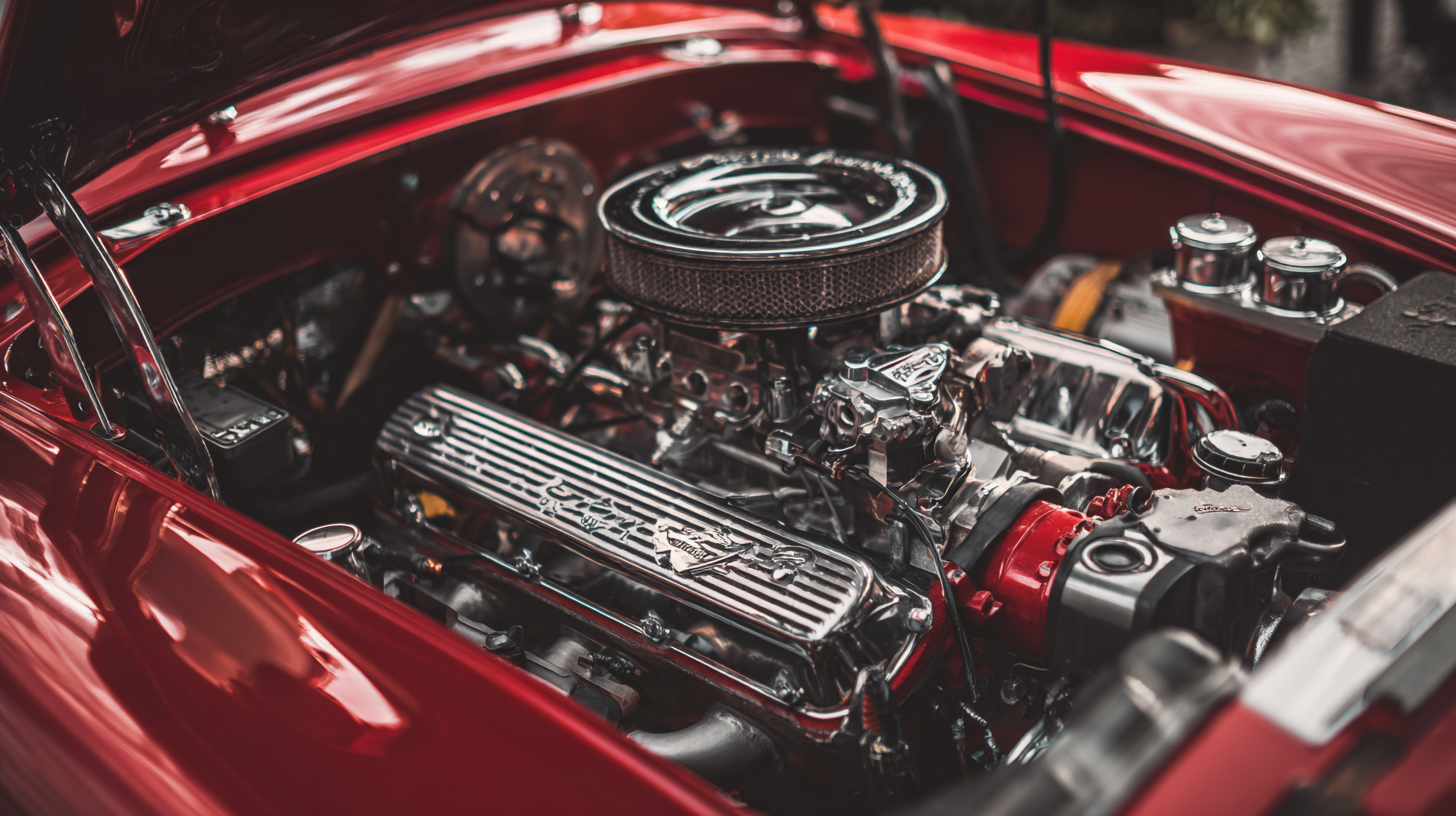
Moreover, according to industry analysts, investing in high-performance engine parts can lead to an impressive 20% increase in fuel efficiency, drastically reducing emissions and operating costs. The importance of maintaining the right engine components cannot be overstated, as they serve as the backbone of vehicle performance, heavily influencing acceleration, handling, and overall power delivery. With 2025 bringing rapid advancements in automotive technology and stricter environmental regulations, choosing the right engine parts will not only optimize vehicle performance but also align with sustainability goals. Understanding these key components will empower consumers and professionals alike to make informed decisions that enhance productivity and ensure long-term performance.
The Importance of Timing Belts in Enhancing Engine Performance and Longevity
The timing belt plays a critical role in enhancing engine performance and longevity, acting as the connective tissue that synchronizes various engine components. Recent advancements in timing belt technology, such as the introduction of timing belts in oil, promise to provide improved durability and efficiency. Reports indicate that this innovative approach could significantly reduce wear and tear, potentially extending the lifespan of engines by 20% or more compared to traditional systems. As the automotive industry shifts towards higher performance and better fuel economy, the importance of robust timing belts cannot be overstated.
In light of these developments, the relevance of maintaining a properly functioning timing belt is underscored by unfortunate cases like that of a certain Audi model, where a timing chain failure led to total engine failure after only 2,000 miles of perfect performance. Such incidents highlight the critical need for regular maintenance and timely replacements. The market for timing chain kits is also expanding rapidly, projected to surpass $15 billion by 2031, indicating a growing recognition of their importance in vehicle reliability and efficiency. As consumers increasingly demand dependable performance, focusing on engine components like timing belts becomes essential for modern vehicles.
Understanding the Role of Fuel Injectors in Optimizing Fuel Efficiency
Fuel injectors play a pivotal role in optimizing vehicle performance by ensuring the precise delivery of fuel into the engine's combustion chamber. With advancements in technology, modern fuel injectors contribute significantly to fuel efficiency, helping drivers to reduce costs and minimize environmental impact. For instance, the integration of smart devices that monitor fuel efficiency can further enhance the functioning of fuel injectors, ensuring they operate at optimal levels during both city and highway driving.
Tips for maintaining your fuel injectors include regularly checking for clogs and performing routine cleanings to prevent deposits from building up. Additionally, consider utilizing high-quality fuel, as it can improve injector performance and engine efficiency. Another important consideration is the calibration of the fuel injection system; a well-calibrated system can provide better fuel atomization and result in improved combustion efficiency.
Incorporating these insights into your vehicle's maintenance routine not only promotes better fuel efficiency but also extends the lifespan of engine components. As automakers continue to innovate and focus on eco-friendly technologies, understanding the importance of fuel injectors becomes essential for any vehicle owner looking to enhance performance while being mindful of fuel consumption.
How Engine Oil Quality Affects Performance and Reduces Wear
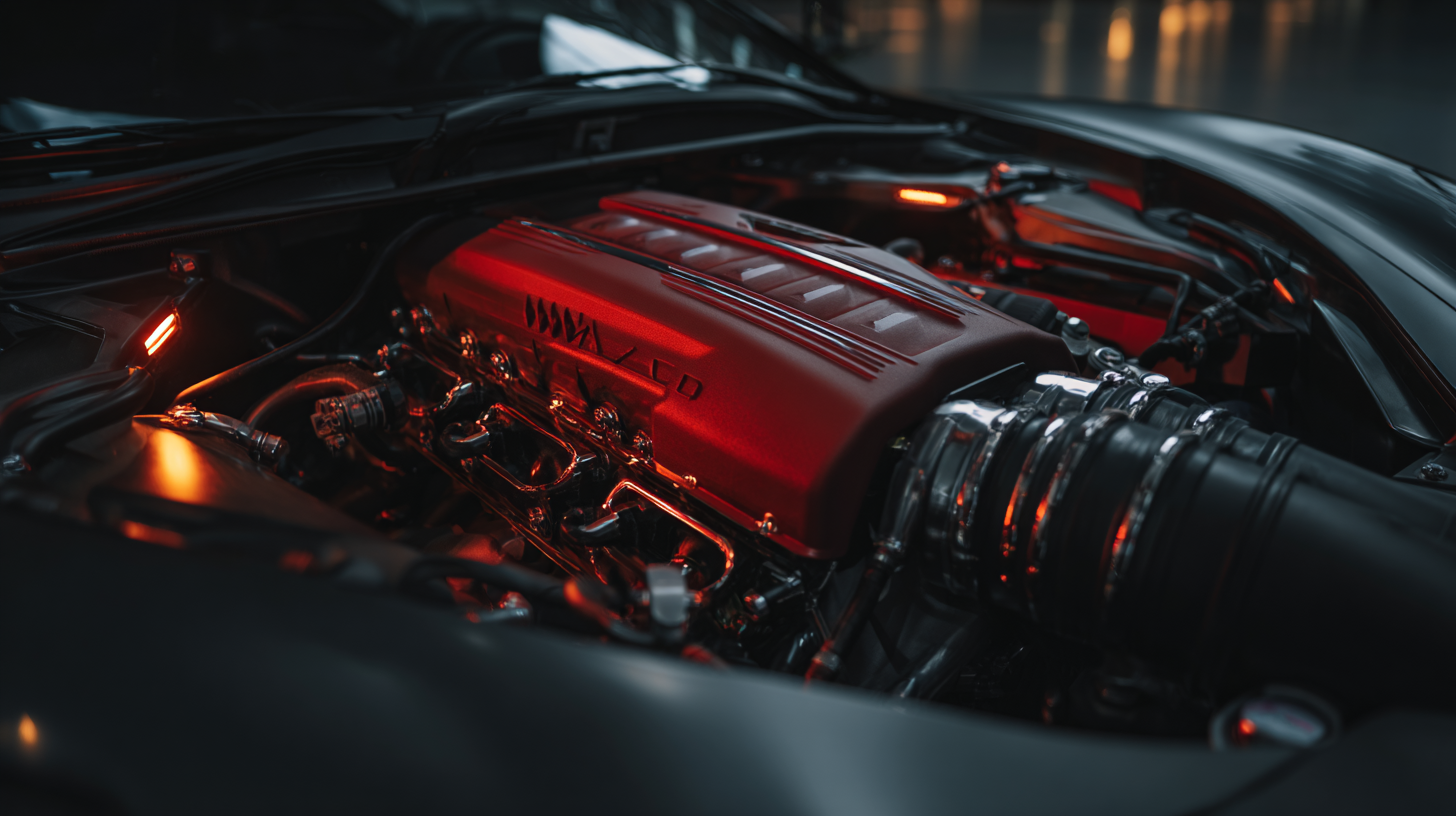 The quality of engine oil is paramount in maintaining optimal vehicle performance and prolonging the lifespan of the engine. High-quality engine oil offers better lubrication, reducing friction between moving parts. This is crucial because excessive friction can lead to increased wear and tear, ultimately resulting in engine damage. An oil with the right viscosity ensures that all components are adequately lubricated, allowing the engine to operate smoothly under various conditions.
The quality of engine oil is paramount in maintaining optimal vehicle performance and prolonging the lifespan of the engine. High-quality engine oil offers better lubrication, reducing friction between moving parts. This is crucial because excessive friction can lead to increased wear and tear, ultimately resulting in engine damage. An oil with the right viscosity ensures that all components are adequately lubricated, allowing the engine to operate smoothly under various conditions.
Moreover, premium engine oils contain additives that enhance performance by cleaning engine components, preventing sludge buildup, and neutralizing acids that can lead to corrosion. By regularly using top-tier oil, drivers can experience improved fuel efficiency and reduced emissions, contributing to both the performance of the vehicle and the health of the environment. It's essential to choose engine oil that meets the manufacturer's specifications to ensure that the engine runs efficiently and remains protected against wear over time.
The Impact of Spark Plugs on Engine Efficiency and Power Output
Spark plugs play a crucial role in the performance and efficiency of an engine. They ignite the air-fuel mixture within the combustion chamber, initiating the power cycle that propels the vehicle. High-quality spark plugs ensure a consistent and reliable spark, which leads to improved combustion. When the air-fuel mixture burns efficiently, it maximizes the power output and minimizes wasted fuel, directly impacting the vehicle’s overall performance.
In addition to improving combustion, the condition of spark plugs significantly affects engine efficiency. Worn or fouled spark plugs can lead to misfires, decreased fuel economy, and increased emissions. Regular maintenance and timely replacement of spark plugs can prevent these issues, ensuring that the engine runs smoothly and responds quickly. Ultimately, investing in quality spark plugs not only enhances engine performance but also prolongs the life of the vehicle, making it a vital component for any driver seeking optimal performance.
Top 5 Essential Engine Parts Impacting Vehicle Performance
This chart illustrates the impact of various essential engine components on overall vehicle performance, focusing on their influence on efficiency and power output. Spark plugs, intake manifolds, fuel injectors, engine oil, and air filters play critical roles in optimizing engine function.
Revving Up Performance: The Role of Air Filters in Engine Breathing and Efficiency
The air filter plays a crucial role in the performance and efficiency of a vehicle’s engine. By filtering out dirt, dust, and other contaminants from the air entering the engine, a clean air filter helps maintain optimal airflow, which is essential for combustion. According to the U.S. Department of Energy, a clogged air filter can reduce a vehicle's acceleration by up to 11%. This decrease in performance not only affects driving experience but can also lead to decreased fuel efficiency, making regular air filter maintenance vital for preserving your vehicle's overall performance.
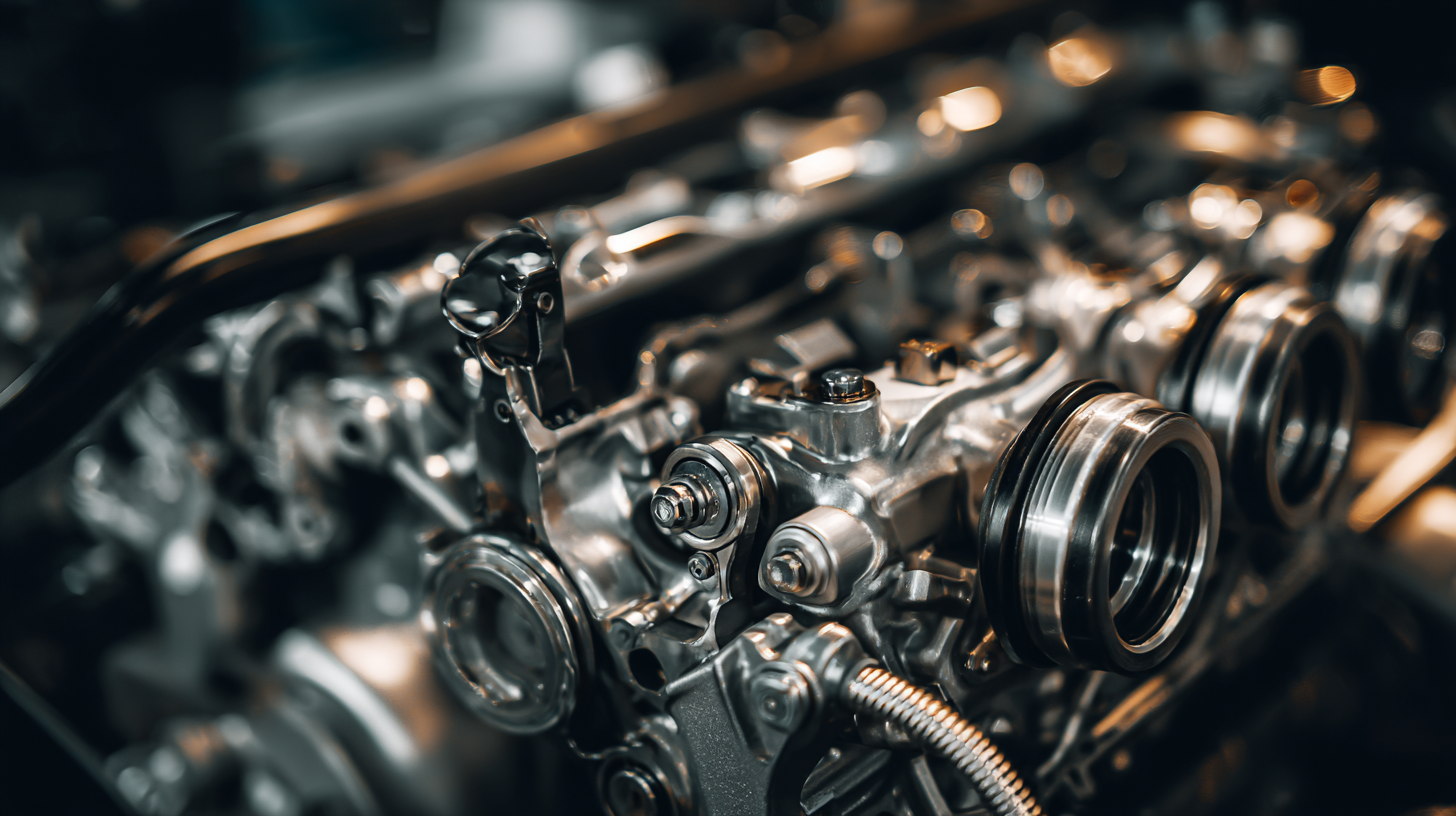
Moreover, the efficiency of an engine is closely tied to its ability to breathe effectively. Studies have shown that high-performance air filters can improve airflow by as much as 10%. This increase allows for more air-fuel mixture entering the combustion chamber, facilitating a more complete burn and resulting in higher horsepower and torque. Incorporating a premium air filter can enhance not just the engine's output, but also prolong its lifespan by reducing the wear caused by particulate buildup. Therefore, investing in quality air filters is essential for any vehicle owner aiming to achieve both optimal performance and efficiency from their engine.
Related Posts
-
Understanding Engine Parts: How They Function Together for Optimal Performance in Your Vehicle
-
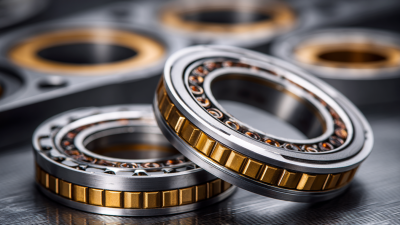
Understanding the Importance of Engine Bearings for Enhanced Vehicle Performance
-
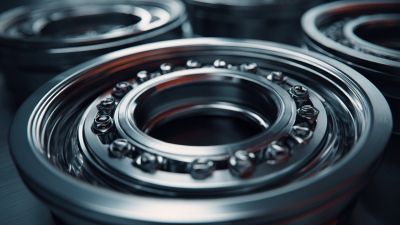
The Hidden Role of Car Bearings in Ensuring Smooth and Safe Driving
-

Discover the Essential Car Pieces Every Vehicle Owner Should Know About
-
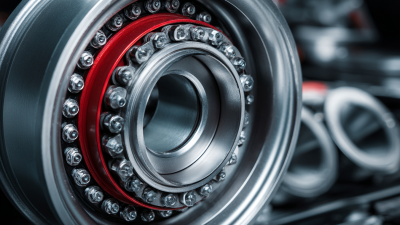
Top Trends in Car Bearings for Enhanced Vehicle Performance
-
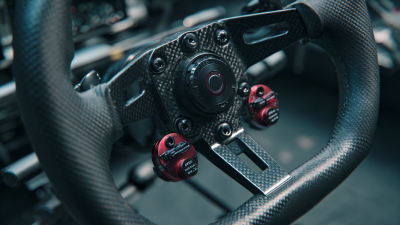
Exploring Innovative Steering Parts for Enhanced Vehicle Performance in 2023


